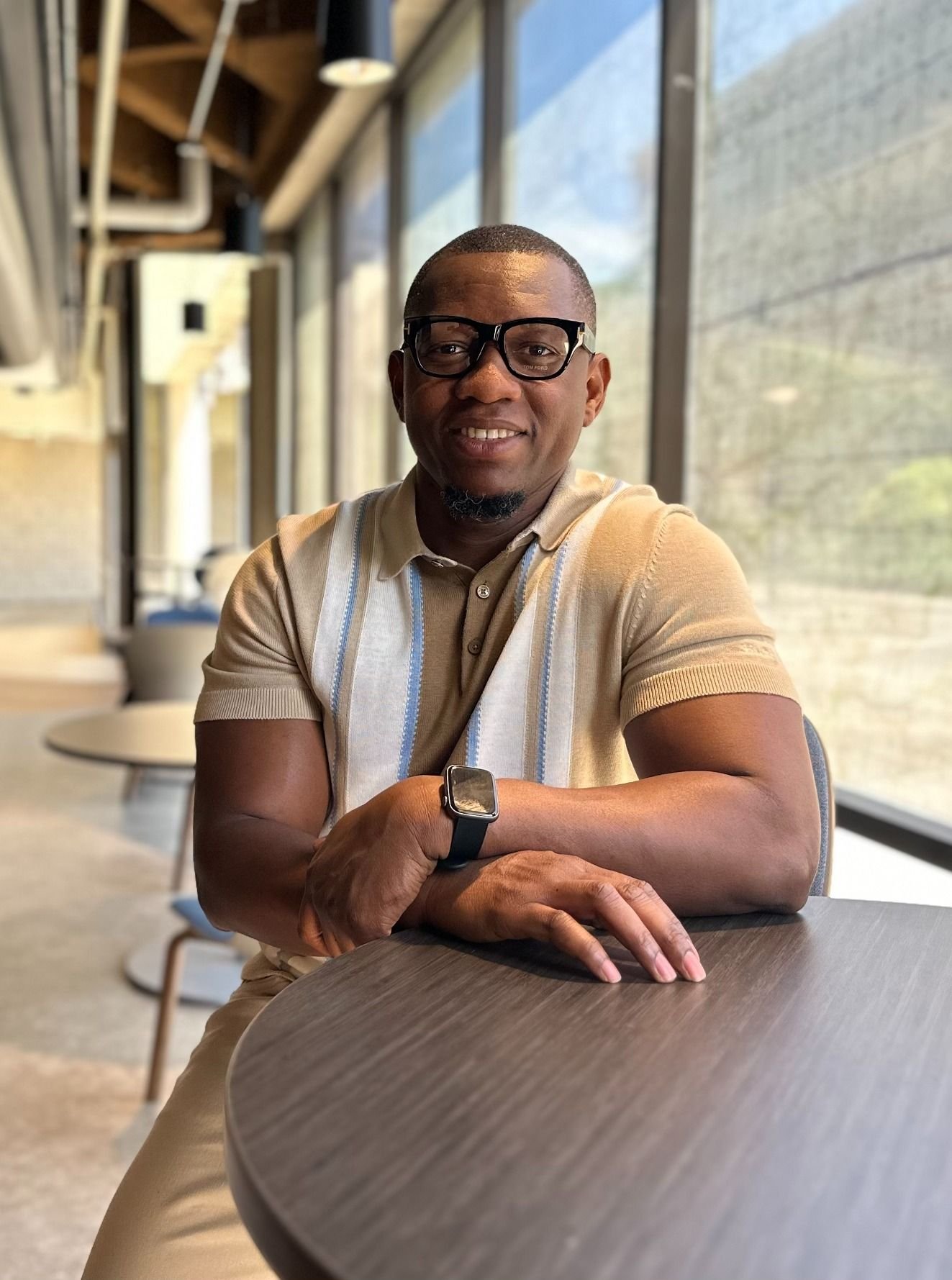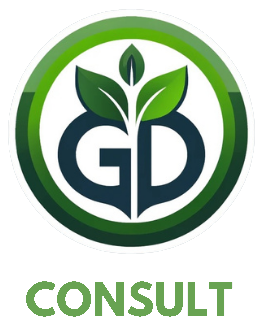About Founder
Wellness is our mission. Prioritizing mental, physical and social well-being to build vibrant resilient communities

Godson Davies
Principal | Founder
Godson’s vision has been pivotal in turning Healthcare Policy and Management services into a cornerstone for addressing Ghana’s unique health challenges. With a passion for strengthening healthcare systems, his focus has been on quality, accessibility, and efficiency, particularly in underserved communities. He has led initiatives aimed at combating mental health stigma and managing nutrition and obesity through education, alongside empowering individuals through health promotion and literacy programs.
His dedication extends to reducing health disparities by addressing social determinants of health with community-centric, culturally sensitive strategies. These efforts aim to build resilience and enhance local capacity, fostering sustainable health and well-being.
At the core of GD Consult, driven by a vision for a healthier Ghana where every individual can live a healthy and fulfilling life, Godson’s work transcends the typical scope of a consulting firm, positioning GD Consult as a catalyst for change in Ghana’s public health landscape. His leadership not only reflects a commitment to revolutionary public health practices but also to fairness and community empowerment, making enduring health and happiness achievable for all Ghanaians.
OUR APPROACH
Needs Assessment
Our approach begins with a comprehensive needs assessment, delving deep into the unique challenges and opportunities present in the communities we serve. We employ a variety of data collection methods, including surveys, focus groups, and community consultations, to gain a nuanced understanding of the health landscape. By listening to the voices of stakeholders and understanding their priorities, we ensure that our interventions are tailored to address the most pressing needs effectively.
Evidence-Based Solutions
We are committed to implementing evidence-based solutions grounded in the latest research and best practices in public health. Our team of experts rigorously evaluates existing evidence to identify interventions with proven efficacy and adapt them to suit the context of our target communities. By relying on data-driven approaches, we maximize the impact of our programs and ensure that resources are allocated efficiently to achieve meaningful outcomes.
Partnership Development
Collaboration is at the heart of our approach to public health. We recognize that no single organization can address complex health challenges alone. That's why we prioritize building strong partnerships with government agencies, non-profits, healthcare providers, community leaders, and other stakeholders. These partnerships enable us to leverage collective expertise, resources, and networks to amplify the reach and effectiveness of our interventions.
Program Development and Evaluation
Our program development process is systematic and iterative, informed by both evidence and community input. We design interventions that are culturally relevant, contextually appropriate, and responsive to the needs identified during the needs assessment phase. Throughout the implementation process, we conduct ongoing evaluation and monitoring to assess the effectiveness of our programs, identify areas for improvement, and make data-driven adjustments as needed.
Capacity Building
Empowering local communities and organizations to take ownership of their health is central to our approach. We invest in capacity building initiatives that strengthen the skills, knowledge, and resources of healthcare providers, community leaders, and individuals. Through training, mentorship, and skills development programs, we build sustainable capacity that fosters resilience and self-reliance in the face of health challenges.
Cultural Competence
Cultural competence is essential for ensuring that our interventions resonate with the diverse populations we serve. We approach each community with humility, respect, and a willingness to learn from local customs, beliefs, and practices. By valuing cultural diversity and actively seeking to understand the perspectives of different groups, we design interventions that are inclusive, culturally sensitive, and relevant to the lived experiences of community members.

